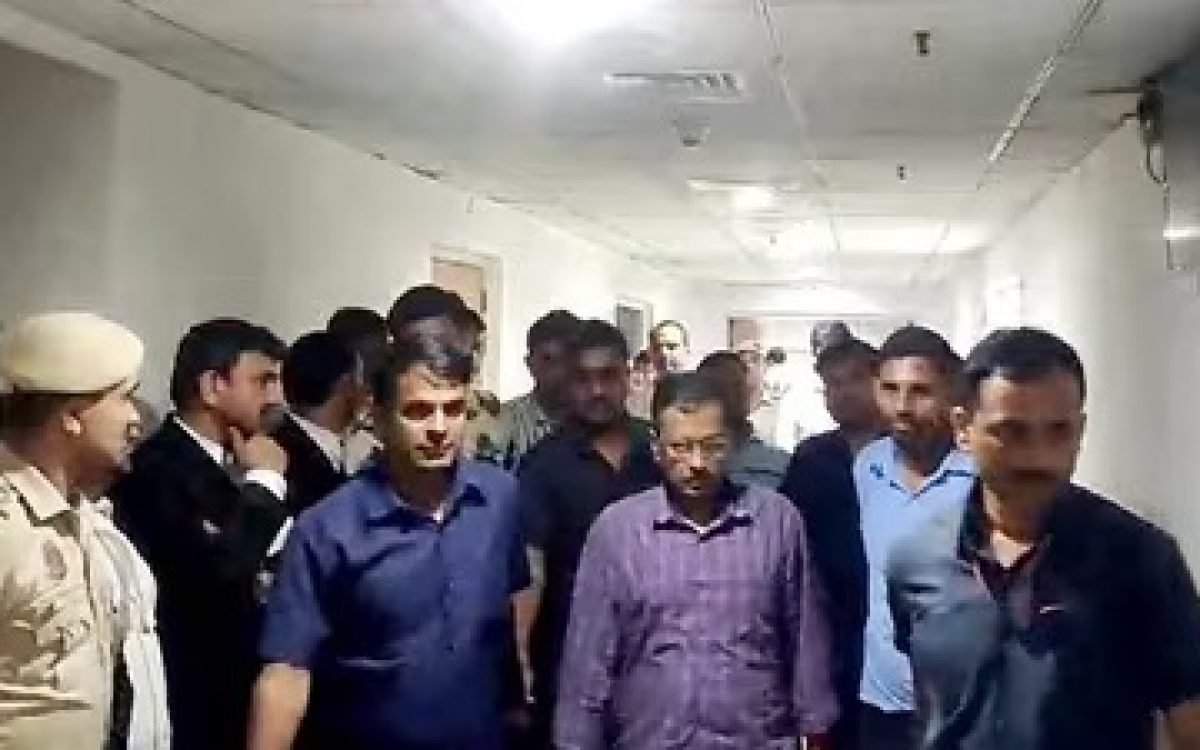In a recent development that has sent shockwaves through the Indian political landscape, Delhi Chief Minister and AAP national convener, Arvind Kejriwal, finds himself embroiled in a legal battle following his arrest by the Enforcement Directorate (ED). The Delhi High Court’s denial of an urgent listing for his plea challenging the arrest has further intensified the situation.
Kejriwal, arrested on allegations of corruption and money laundering related to the formulation and execution of the Delhi government’s excise policy for 2021-22, has been remanded to ED custody until March 28. His plea, asserting the illegality of his arrest and demanding immediate release, highlights the contentious nature of the case.
The AAP leaders’ assertion that Kejriwal will continue to govern from jail underscores the determination of the party amidst adversity. Punjab Chief Minister and AAP leader, Bhagwant Mann, have indicated plans to seek permission from the court to establish an office in jail for Kejriwal to run the Delhi government.
However, legal experts caution that while there is no explicit prohibition against governing from prison, Kejriwal may encounter practical challenges in discharging his duties. Constitutional expert PDT Achary emphasizes the necessity of adhering to jail manuals and obtaining court permission for such arrangements, signaling potential hurdles ahead for Kejriwal’s governance from behind bars.
The unfolding saga raises questions not only about the legal intricacies of Kejriwal’s arrest but also about the broader implications for governance and political stability in Delhi. As the case progresses, all eyes will be on the courts and the AAP leadership to navigate this unprecedented situation and uphold the principles of justice and democratic governance.









